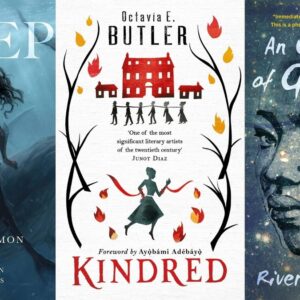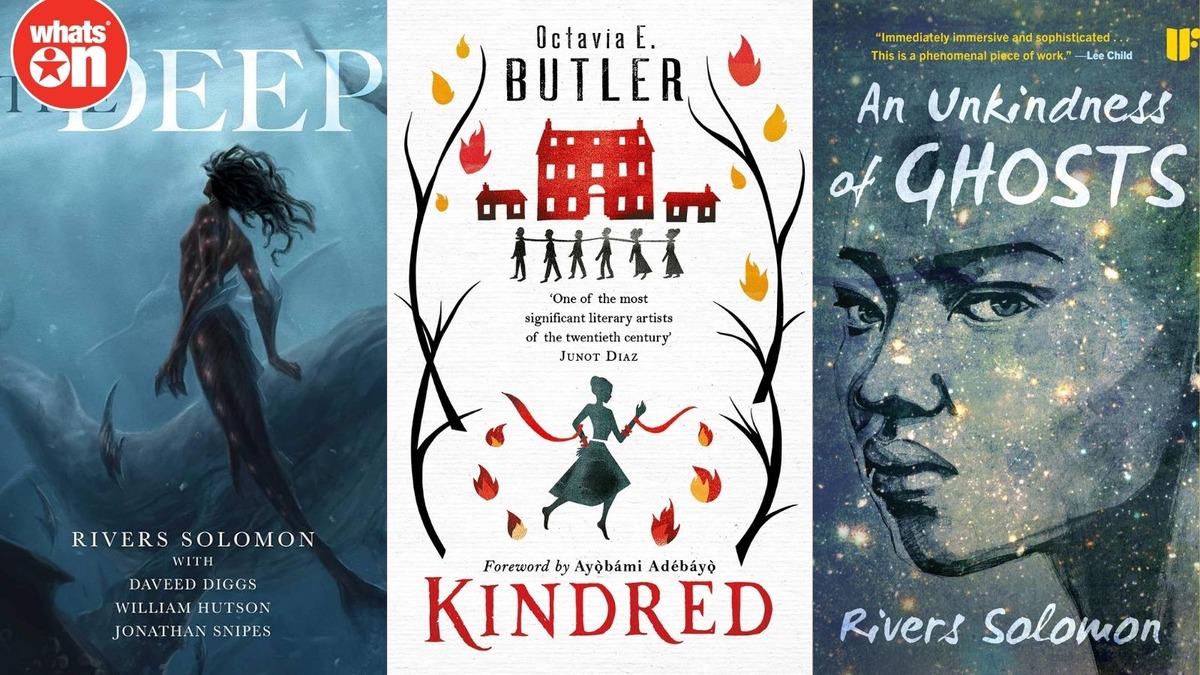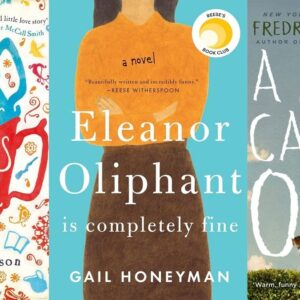Step into the future with roots in the past. These top best Afro-futurism books blend African culture, sci-fi, and Black identity. From classic titles to bold new releases, these books inspire, empower, and reimagine the world. Perfect for readers who love meaningful books that challenge convention and celebrate diverse voices in speculative fiction.
1. Kindred by Octavia E. Butler (1979)
Octavia E. Butler’s Kindred is often considered a cornerstone of Afrofuturist literature. Though technically more time-travel than futuristic sci-fi, it redefines genre boundaries. The novel follows Dana, a Black woman in 1976 California, who is pulled back in time to the antebellum South, forced to confront the horrors of slavery firsthand. Through its time-bending narrative, Butler explores themes of ancestry, trauma, and survival, grounding speculative fiction in lived Black experiences. Kindred remains essential for its deep historical consciousness and its emotionally charged storytelling that still resonates with readers seeking to understand identity, memory, and legacy through a speculative lens.

2. Who Fears Death by Nnedi Okorafor (2010)
Who Fears Death is a bold and lyrical work by Nigerian-American author Nnedi Okorafor, set in a post-apocalyptic Africa. It tells the story of Onyesonwu, a girl born of rape during ethnic warfare, who discovers her magical powers and destiny to rewrite a powerful book that dictates society’s fate. This genre-blending novel draws heavily from African mythology and explores issues like gender violence, colonialism, and healing. Okorafor’s vision of a speculative African landscape that challenges dystopia with spiritual power and feminine strength has positioned her as a major voice in Afrofuturism. The book is both epic and intimate—transformative in its message and worldbuilding.

3. Brown Girl in the Ring by Nalo Hopkinson (1998)
In Brown Girl in the Ring, Caribbean-Canadian author Nalo Hopkinson creates a rich, dystopian Toronto where the city’s inner core has collapsed into chaos and poverty. The story centres on Ti-Jeanne, a young woman with a newborn baby, who must embrace her ancestral powers and spiritual heritage to survive and protect her community. Hopkinson seamlessly mixes Caribbean folklore, African diasporic traditions, and speculative elements in this Afrofuturist gem. The novel reflects on themes like systemic oppression, generational trauma, and resistance through ritual. With its magical realism and political edge, it remains a powerful example of reclaiming cultural roots in the face of social decay.

4. Black Panther: A Nation Under Our Feet by Ta-Nehisi Coates (2016)
Ta-Nehisi Coates, known for his cultural and political commentary, reinvents Black Panther in this acclaimed graphic novel series. In A Nation Under Our Feet, Coates brings complexity and depth to the story of T’Challa and Wakanda, a technologically advanced African nation grappling with internal revolution. The narrative examines leadership, democracy, and identity, grounding superhero fiction in Afrofuturist ideals of sovereignty and innovation. With evocative artwork and philosophical depth, the series celebrates African excellence and challenges power dynamics. Coates’ Black Panther is more than a comic—it’s a visual and intellectual exploration of Black futurism, governance, and self-determination.
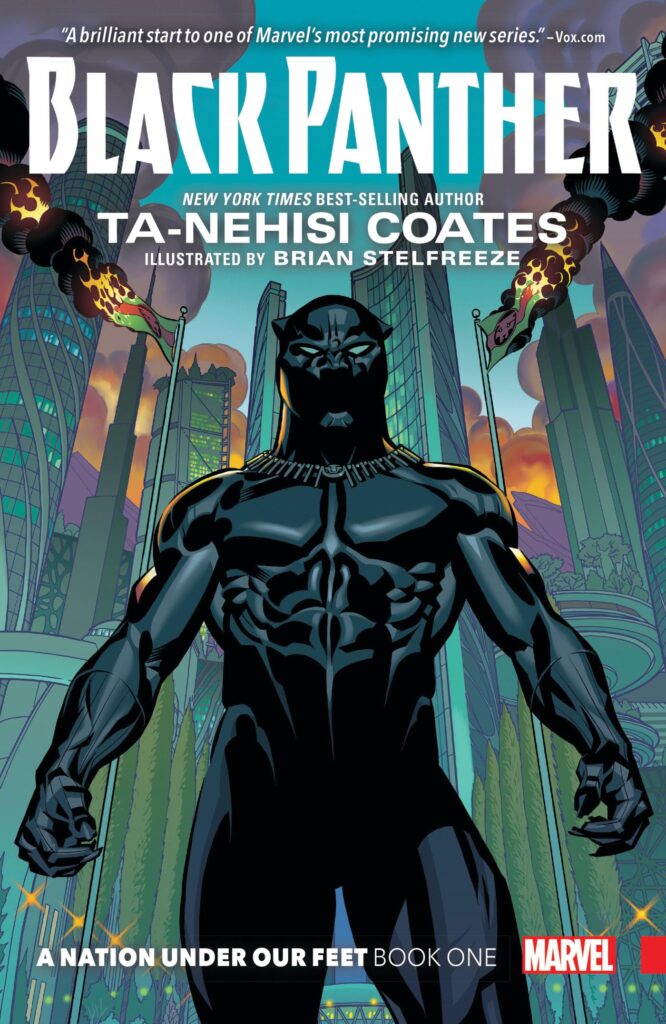
5. The Deep by Rivers Solomon, with Clipping. (2019)
The Deep is a haunting novella inspired by a song from the experimental hip-hop group Clipping. Rivers Solomon expands the concept into a lyrical tale about the Wajinru, underwater descendants of pregnant African women thrown overboard during the transatlantic slave trade. The story follows Yetu, the community’s historian, who carries the burden of collective memory. Through her journey, Solomon explores the trauma of history, the weight of remembering, and the necessity of healing. With poetic prose and immersive worldbuilding, The Deep blends mythology and marine fantasy to create an Afrofuturist narrative rooted in survival and identity. It’s both melancholic and liberating.
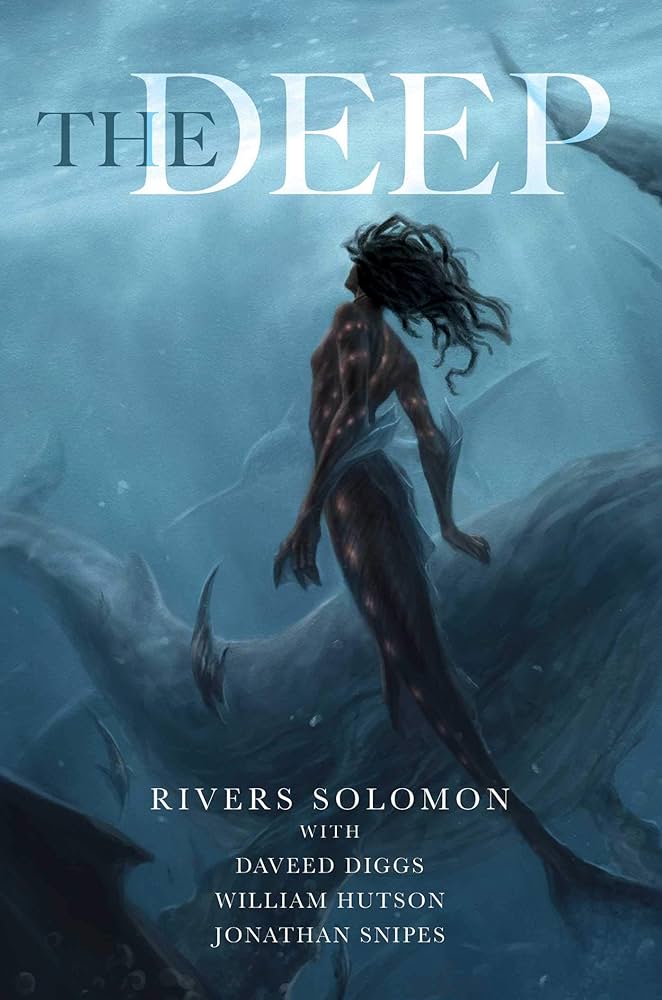
6. Parable of the Sower by Octavia E. Butler (1993)
Octavia E. Butler’s Parable of the Sower is a dystopian Afrofuturist classic that feels eerily prophetic in today’s world. Set in a climate-ravaged and socially fractured America, it follows Lauren Olamina, a visionary teenager who creates a new belief system called Earthseed. As she journeys through violence and loss, she seeds hope for a better world. Butler’s exploration of adaptability, community, and resilience resonates deeply in contemporary contexts of inequality and climate crisis. The novel’s spiritual and philosophical undercurrents, paired with Butler’s sharp social critique, make it an enduring work of speculative resistance and Afrofuturist vision.
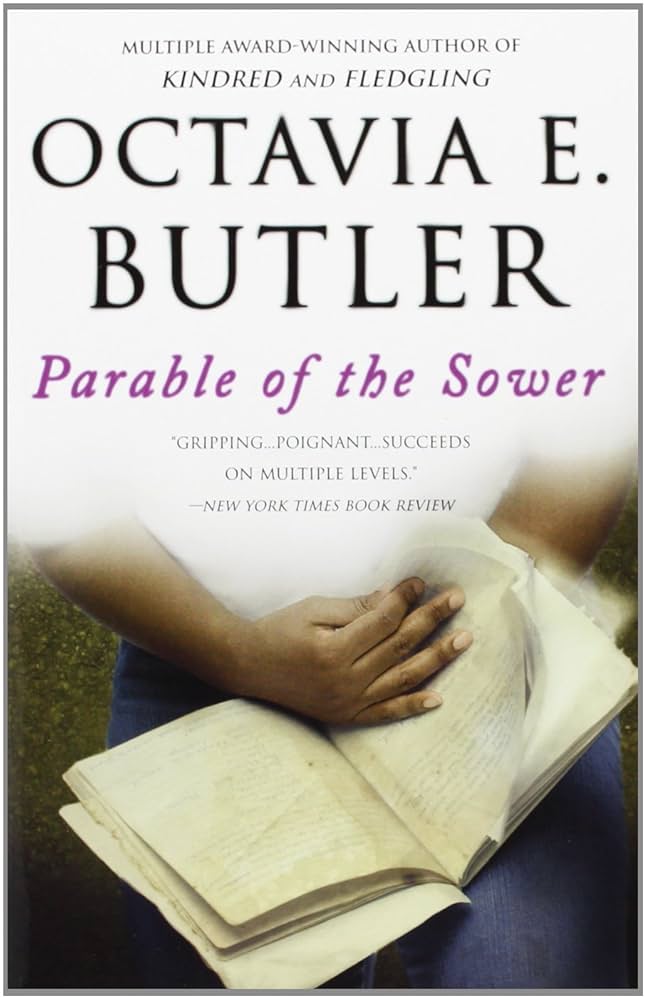
7. An Unkindness of Ghosts by Rivers Solomon (2017)
In An Unkindness of Ghosts, Rivers Solomon crafts a gripping sci-fi novel set aboard a generation ship called Matilda, where society mirrors a plantation-like hierarchy. Aster, the Black, queer protagonist, is an outsider and healer who begins to uncover the ship’s secrets and her mother’s mysterious past. The novel explores themes of systemic racism, bodily autonomy, neurodivergence, and gender fluidity, creating a layered Afrofuturist narrative that defies binaries. Solomon’s prose is bold and unflinching, challenging traditional sci-fi conventions. This book is a sharp, compassionate work of resistance—part mystery, part liberation story—where science fiction meets the politics of lived Black experience.
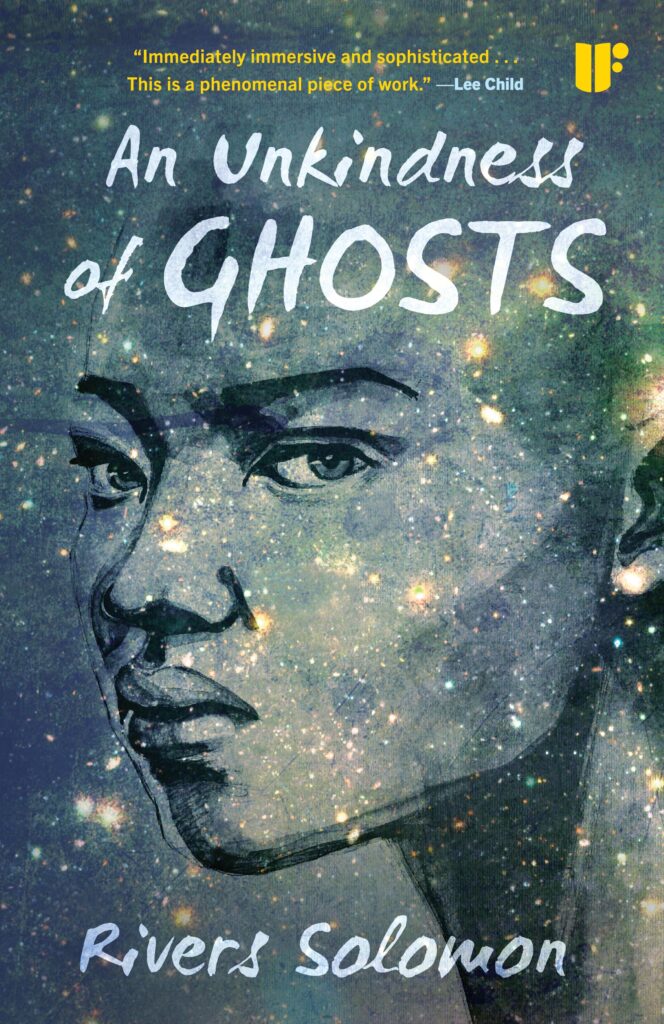
For more book reviews, visitWhatsOn.Guide


